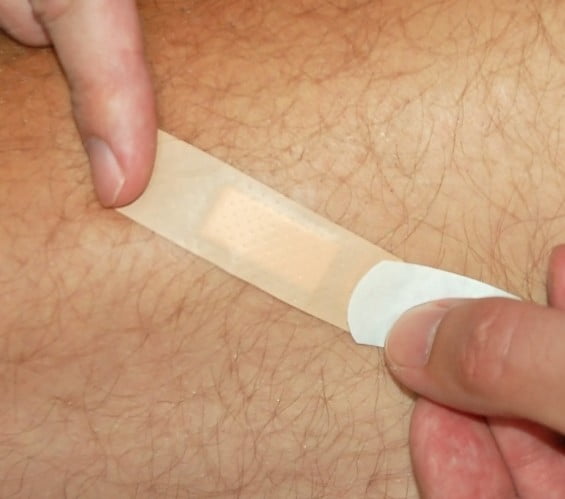
Injuries occur when an external force such as a weapon or sharp object comes to contact with the body and causes damage. There are many types of injuries, with some being open and others occurring deep on the skin’s surface. Cuts and bruises, for instance, are open injuries, while fractures and sprains are closed injuries.
Wounds can get infected when germs and bacteria enter the wounded area and come to contact with sensitive tissue. Once an injury gets infected, it may swell, become more painful and cause other health complications such as yellow discharge coming out of the infected wound. It is imperative that you protect and care for your injuries at all costs to prevent infections.
Here are six effective ways to avoid injury infection.
I'm so excited to prepare so many #recipes of #drinks, #cocktails, #Moonshine, #food - I'm ready to get down to work! #Moonshinerecipe
Wash and Sanitize Hands Often
Wash your hands thoroughly before and after cleaning, treating and dressing an injury. Doing so will help reduce the chances of pathogens on your hands getting transferred to the wounded area. You can also cover your hands with surgical gloves before caring for a wound, cut or scrape.
Use soap when washing your hands. Soap is a more effective dirt and germ remover than water alone. Afterwards, rinse and dry your hands with a clean towel, then begin your wound care.
Apply Wound Healing Ointment
If you want your wounds to heal faster, try applying a wound-healing ointment. You can also use an adhesive such as the mastisol liquid adhesive. This adhesive helps seal the dressing of the skin to protect the wound from infection.
Wound healing ointments help wounds heal faster by preventing infection and reducing scarring. Some create a thin film around the injury to prevent contact with the external environment and hinder the entrance of bacteria and pathogens.
Wash the injured Area Regularly
The best way to wash a wound or injury is by running cool water on it. You can also use an antiseptic or hydrogen peroxide, although these two may cause irritations in some injuries. If you need to use any equipment, for example, tweezers, ensure they are clean and sterile.
Wash the area around the wound with soap, water and a soft towel. Be careful not to bring the soapy water in contact with the injured area as it may irritate.
Cover and Dress Open Wounds
Covering a wound helps keep away dirt and prevent rubbing with cloths and other external objects. The downside, however, is that the injury will not dry and heal as quickly as it would have if left uncovered.
Depending on the location of the wound and the risk of dirt getting in, you can choose to cover it or leave it open. Only leave the injury uncovered if it is in a place where it won’t rub against your clothes and won’t get dirty. In other cases, however, you will need to cover it with bandage, adhesive tape or sterile gauze. Change the dressing each day to keep the injury clean.
Avoid Picking at the Injury or Wound
You might feel tempted to pick at or scratch the injury once it starts to heal. Resist this temptation. Picking at wounds and scabs only interferes with the healing process. It may also increase your risk of getting an infection if your hands are dirty or contaminated with bacteria. It’s better to leave the wound untouched unless you want to clean and dress it.
See a Doctor if the Injury shows no Sign of Improvement
Some injuries are more prone to infections than others, and thus they demand more attention and care. Wounds that arise from animal bites, for instance, are highly likely to get an infection due to bacteria from the animal’s mouth and teeth. Cuts involving a rusty or dirty object or those spread over a large surface area, for example, burns, are also susceptible to infections.
In such cases, it’s better to seek medical attention. Treating and dressing might help, but it won’t do much to prevent an infection. A doctor may be better equipped to dress and care for such a wound.
Closing Remarks
An injury infection occurs when germs and bacteria get in a wounded area and begin to multiply. Infected injuries are often more painful, and they may lead to other complications such as inflammations and the release of yellow discharge from the wound. It’s essential that you prevent infections at all costs.
To prevent infections, clean and dress your wound regularly. Wash your hands before and after caring for the injury, and try applying wound healing ointment to fasten the healing process. Lastly, seek medical attention if your wound is highly susceptible to getting an infection.
[gs_pinterest id=1]


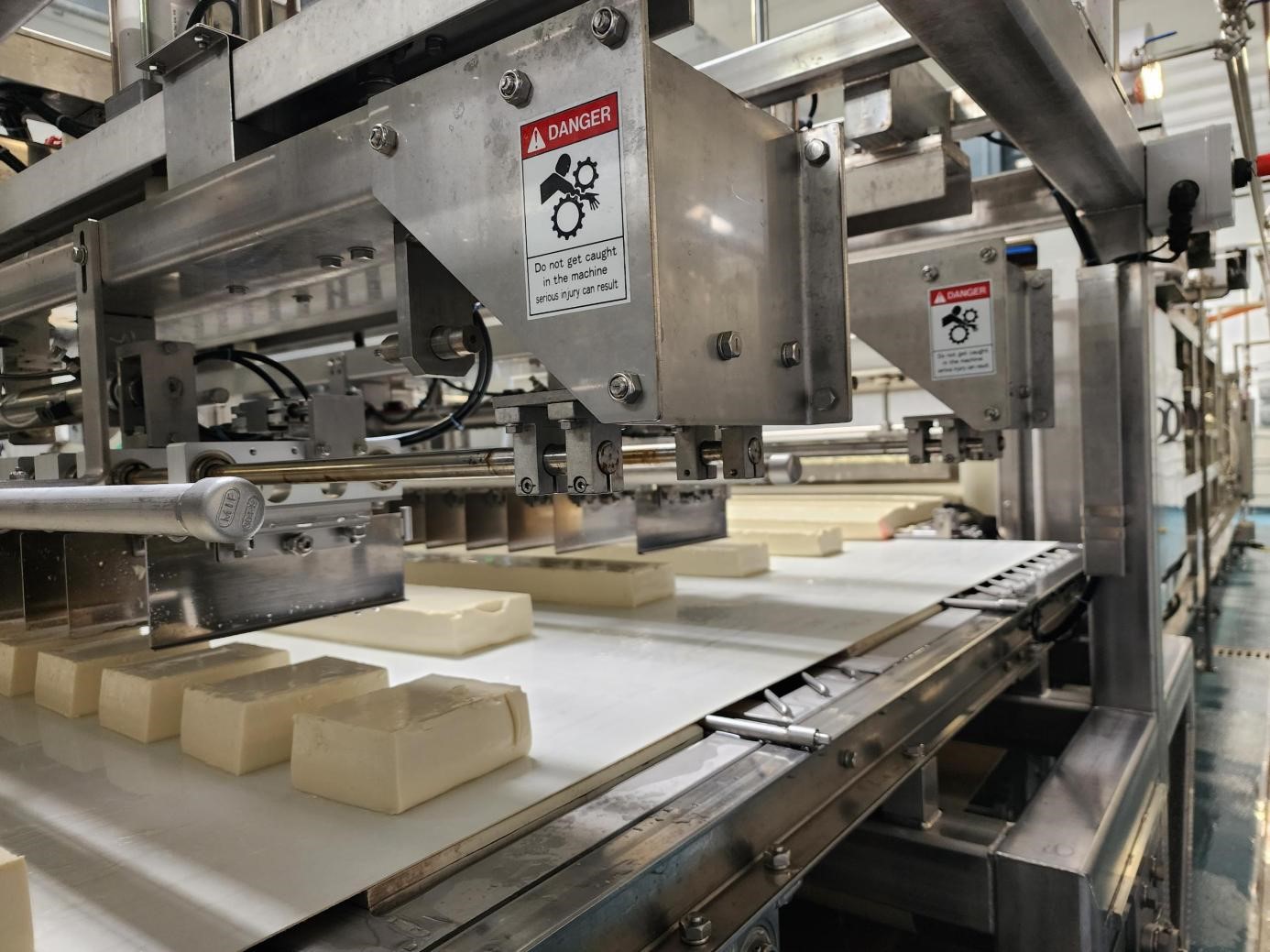




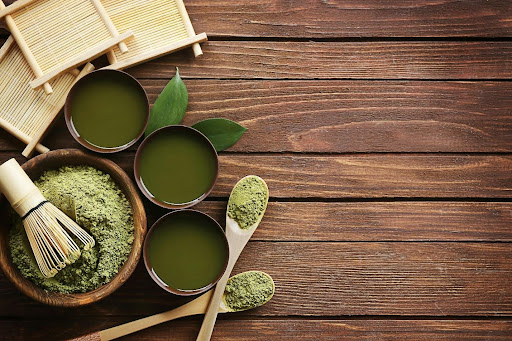














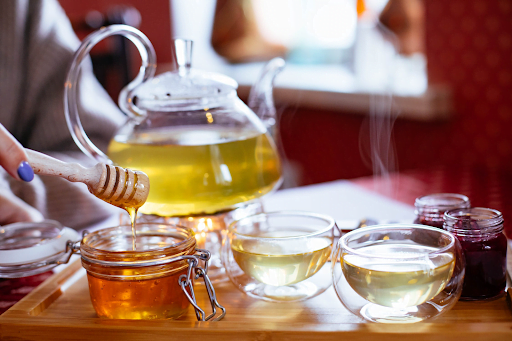
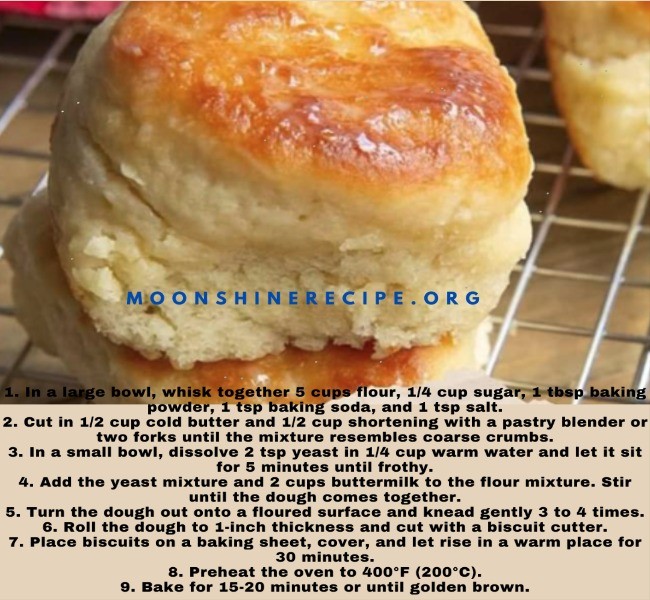
Leave a Reply